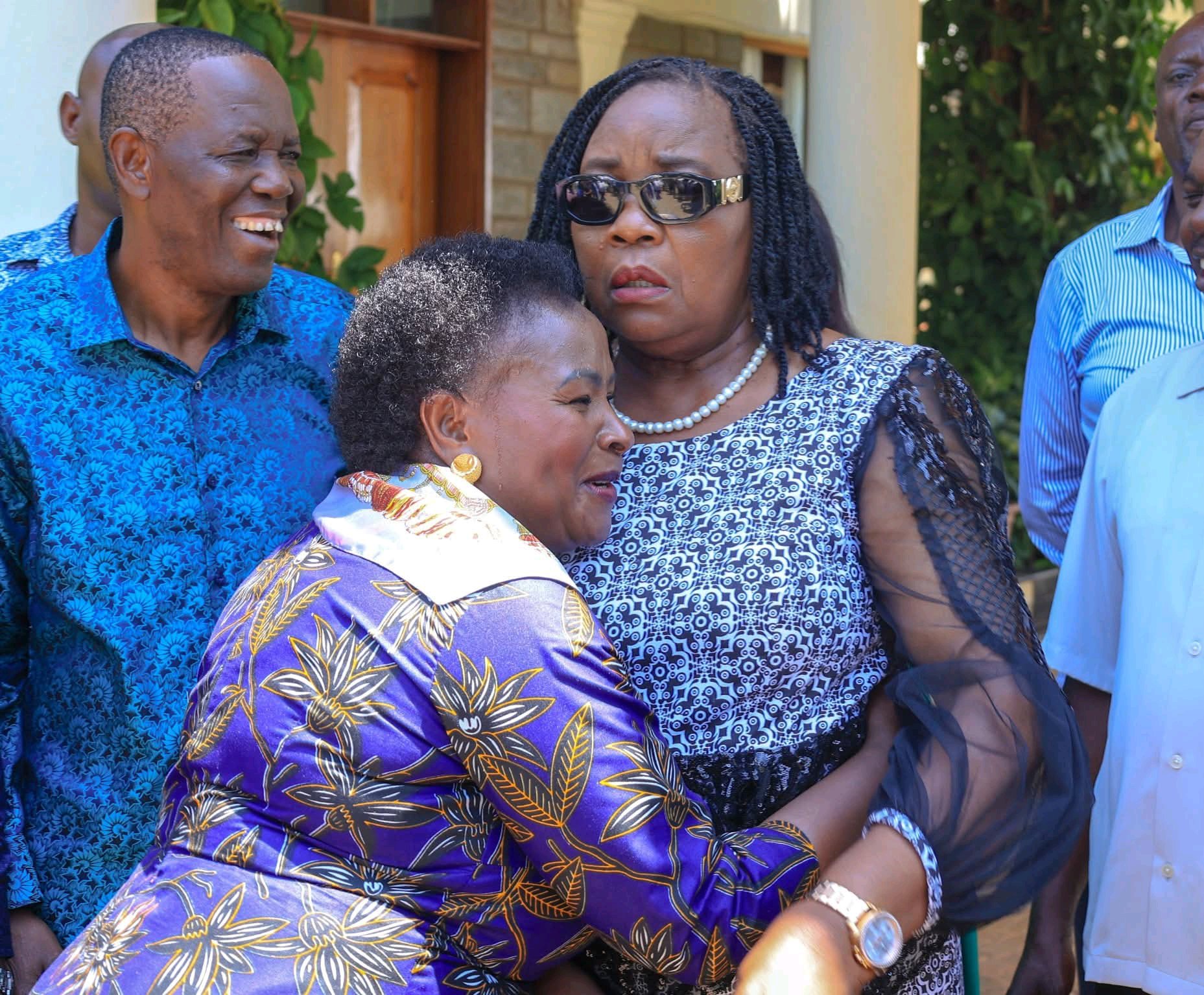
Across Africa’s rapidly growing cities, a silent revolution is shaping the way people live, work, and play. From Nairobi to Lagos, Johannesburg to Accra, a new generation of Africans is embracing modernity while holding tightly to cultural identity — creating a unique blend of traditional values and global lifestyle trends.
The Rise of the Modern African Urbanite
The continent’s urban population is booming. According to the United Nations, more than 43% of Africans now live in cities — a number expected to reach 60% by 2050. This shift is transforming lifestyles in unprecedented ways.
Young professionals are redefining success, moving away from conventional career paths and embracing entrepreneurship, freelancing, and creative industries. Coworking spaces, art studios, and digital hubs are springing up in major cities, offering flexible work environments and opportunities for collaboration.
In Nairobi’s Kilimani district, for instance, tech startups and coffee culture coexist seamlessly. The sight of millennials tapping away on laptops in cozy cafés is now a familiar one. “We want a life that’s balanced — where we can earn, create, and enjoy,” says 29-year-old designer Tasha Muli, who runs an online fashion boutique. “Our parents worked to survive; we work to live.”
Health, Fitness, and Wellness Take Center Stage
As disposable incomes rise and awareness about mental and physical health grows, many urban Africans are embracing wellness as a lifestyle. The fitness industry has exploded across the continent — with gyms, yoga studios, and health clubs catering to diverse tastes.
Social media platforms like Instagram and TikTok have also fueled this trend, with influencers promoting healthy eating, plant-based diets, and mindfulness practices. In South Africa, Nigeria, and Kenya, fitness challenges and community runs have become popular weekend activities.
“People are realizing that health is wealth,” says Dr. Kemi Adebayo, a Lagos-based nutritionist. “It’s not just about looking good anymore — it’s about feeling good, mentally and physically.”
Sustainable Fashion and Conscious Consumption
Africa’s fashion industry is another sphere witnessing a major transformation. Local designers are fusing traditional fabrics with contemporary styles, creating sustainable brands that resonate both locally and globally.
From Ghana’s vibrant kente patterns to Nigeria’s adire prints, African fashion is celebrating authenticity and sustainability. Eco-conscious consumers are driving demand for ethically produced clothing, second-hand fashion, and local craftsmanship.
“Buying African is now a statement of pride,” explains David Otieno, founder of an eco-fashion startup in Kenya. “We’re seeing more people choosing to support local artisans rather than fast fashion chains.”
Digital Lifestyles and the Influence of Technology
Technology continues to be a game-changer in shaping African lifestyles. With mobile penetration exceeding 80% in many countries, the digital revolution has made everything — from shopping to dating — more accessible.
Online marketplaces, mobile banking, and delivery apps are transforming convenience, while social media continues to influence culture and communication. Virtual events, online learning, and remote work are no longer foreign concepts but integral parts of daily life.
According to a 2024 report by GSMA, Africa’s digital economy is projected to contribute over $180 billion annually by 2025. This growth has sparked the rise of “digital nomads” — professionals who work remotely while exploring different parts of the continent.
Home and Leisure: The New Priorities
Interior design and home living are also evolving, with people investing more in creating cozy, aesthetically pleasing spaces. The pandemic years taught many the importance of home comfort, sparking demand for locally crafted furniture and African-inspired décor.
Meanwhile, leisure has become more experiential. Rather than just spending, people are choosing to travel locally, explore nature, and attend cultural festivals. Weekend getaways to national parks, beach towns, or mountain lodges are becoming the new normal for middle-class Africans seeking balance.
The Challenge: Balancing Progress with Identity
While modernization brings opportunity, it also raises questions about cultural preservation. As lifestyles become more globalized, many fear the erosion of traditional practices and values. However, a growing movement of young Africans is finding innovative ways to blend both worlds.
“We don’t have to choose between modern and traditional,” says Aisha Kamau, a Nairobi-based lifestyle blogger. “We can have both — technology and tradition, style and substance.”
A Lifestyle Revolution in Motion
From wellness to fashion, tech to culture, Africa’s lifestyle evolution is more than a trend — it’s a reflection of ambition, creativity, and resilience. As cities expand and digital connectivity deepens, the continent’s youth are redefining what it means to live well in the 21st century.
In this reimagined urban Africa, success is no longer measured by wealth alone, but by the ability to balance self-expression, community, and well-being — an identity proudly African, yet unmistakably mode.


